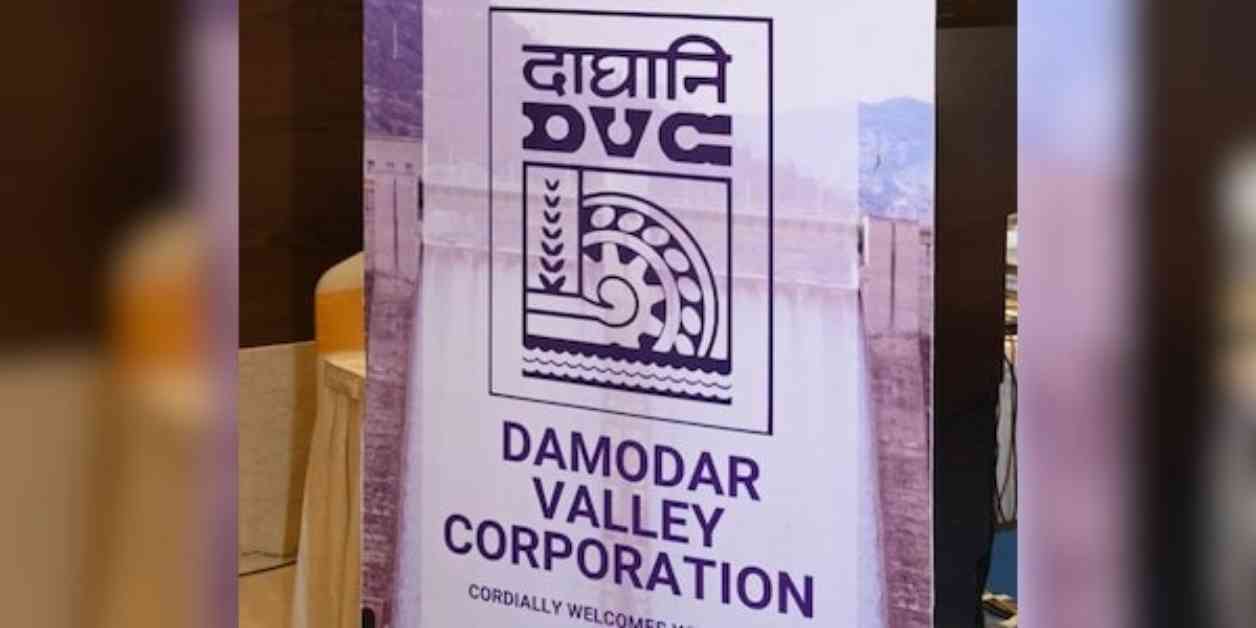Bengal Power Secretary Santanu Basu Resigns Amid DVC Board Controversy
Amid escalating tensions between the West Bengal government and the Centre over the release of water from the reservoirs of the Damodar Valley Corporation (DVC), state Power Secretary Santanu Basu has announced his resignation from the Board of DVC. This move comes as a significant development in the ongoing dispute surrounding the management of water resources in the region.
Basu’s decision to step down from his position on the DVC Board was confirmed by officials on Sunday. Additionally, the Chief Engineer of Irrigation and Waterways in West Bengal has also resigned from the Damodar Valley Reservoir Regulation Committee (DVRRC), further underscoring the depth of the controversy surrounding the issue.
In a statement issued to the DVC chairman on September 21, Basu expressed his reasons for resigning, citing the “unprecedented and uncontrolled release of water by the DVC from its dam systems.” He highlighted the widespread inundation caused by the water release, which has resulted in immense suffering for people in various parts of the state. Basu’s resignation is a clear indication of the frustration and dissatisfaction felt by state officials regarding the handling of water management by the DVC.
The State Information and Cultural Affairs Department also released a statement on Sunday, confirming the resignations of both the Power Secretary and the Chief Engineer from their respective positions. The decision to resign was made as a form of protest against the perceived mishandling of water release by the DVC, which has led to adverse consequences for the state and its residents.
The backdrop for these resignations is the ongoing dispute between Chief Minister Mamata Banerjee and Prime Minister Narendra Modi over the flood situation in the state. Banerjee has raised concerns about the unilateral release of water by the DVC, which has resulted in flooding in several districts without adequate consultation with the state government.
In response to Banerjee’s letters to the PM, Union Jal Shakti Minister CR Paatil defended the actions of the DVC, stating that state officials were kept informed at every stage of the water release process. Paatil emphasized the necessity of releasing water from the DVC reservoirs to prevent a major disaster, implying that the decisions were made in the best interest of public safety.
However, Banerjee remained steadfast in her criticism of the DVC’s actions, stating in her second letter to the PM on September 21 that critical decisions were made unilaterally by representatives of the Central Water Commission and the Ministry of Jal Shakti without arriving at a consensus. She disputed the claims of collaborative decision-making put forth by the Union Minister, highlighting the lack of consultation with the government of West Bengal in key water management decisions.
The Damodar Valley Reservoir Regulation Committee (DVRRC), which oversees the regulation of water resources in the region, includes representatives from the Central Water Commission, West Bengal, Jharkhand, and the DVC. The resignations of key state officials from the committee reflect the deep-seated discontent surrounding the management of water release and the decision-making process within the DVC.
Impact on Water Management
The resignations of Santanu Basu and the Chief Engineer from the DVC Board and the DVRRC have raised questions about the effectiveness of water management practices in the region. The ongoing conflict between the state government and the Centre over the release of water from DVC reservoirs has highlighted the need for improved communication and coordination in water resource management.
The controversy surrounding the DVC’s actions has also drawn attention to the broader issue of water management in the region. The inundation caused by the release of water without adequate consultation has had severe repercussions for the affected areas, underscoring the importance of a comprehensive and collaborative approach to water management.
Call for Accountability
The resignations of key state officials from the DVC Board and the DVRRC represent a call for greater accountability in water management decisions. The lack of consultation and coordination in the release of water from the DVC reservoirs has led to widespread suffering and damage, prompting a reevaluation of the decision-making processes within the organization.
Moving forward, it is essential for all stakeholders involved in water management to work together towards ensuring transparency, communication, and accountability in decision-making processes. The resignation of Santanu Basu and the Chief Engineer serves as a reminder of the importance of prioritizing the well-being and safety of the people affected by water-related disasters.
In conclusion, the resignations of Bengal Power Secretary Santanu Basu and the Chief Engineer from the Damodar Valley Corporation Board amid the controversy over water release highlight the need for improved communication and coordination in water management. The ongoing dispute between the state government and the Centre underscores the importance of collaborative decision-making and accountability in ensuring the effective management of water resources.




















